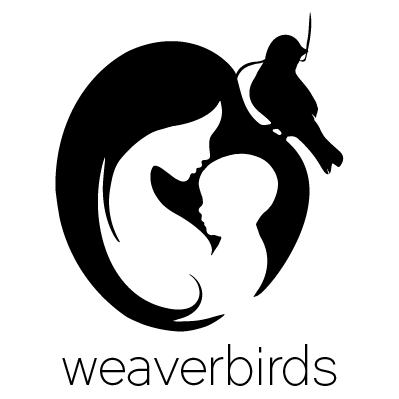ETHICAL RESPONSIBILITY
COTTON MADE IN AFRICA
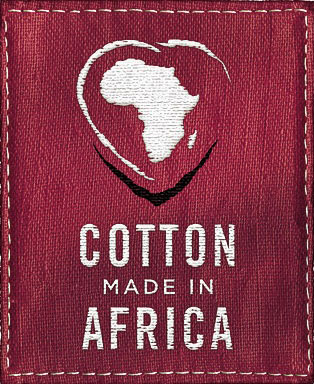
All Weaverbirds baby wraps are made from 100% Cotton certified by the Cotton made in Africa (CmiA) initiative. Cotton made in Africa is an initiative of the Aid by Trade Foundation (AbTF) that helps African smallholder cotton farmers in Africa to improve their living conditions. The goal of the CmiA is to sustainably improve the living conditions of cotton farmers and their children in Sub-Saharan Africa using the principle of helping people to help themselves through trade. Irrigation, child labor, dangerous pesticides or genetically modified cotton are strictly forbidden. The latter ensures there are no Bt toxin in any of our baby wraps. All cotton is picked by hand ensuring no chemical defoliant is used. Further more does CmiA ensure that the farmers get a fair and timely payment as well as provide training in modern, efficient and sustainable cotton farming and natural pest control practices. You can read more about CmiA here (link: http://cottonmadeinafrica.org/en/standards/criteria)
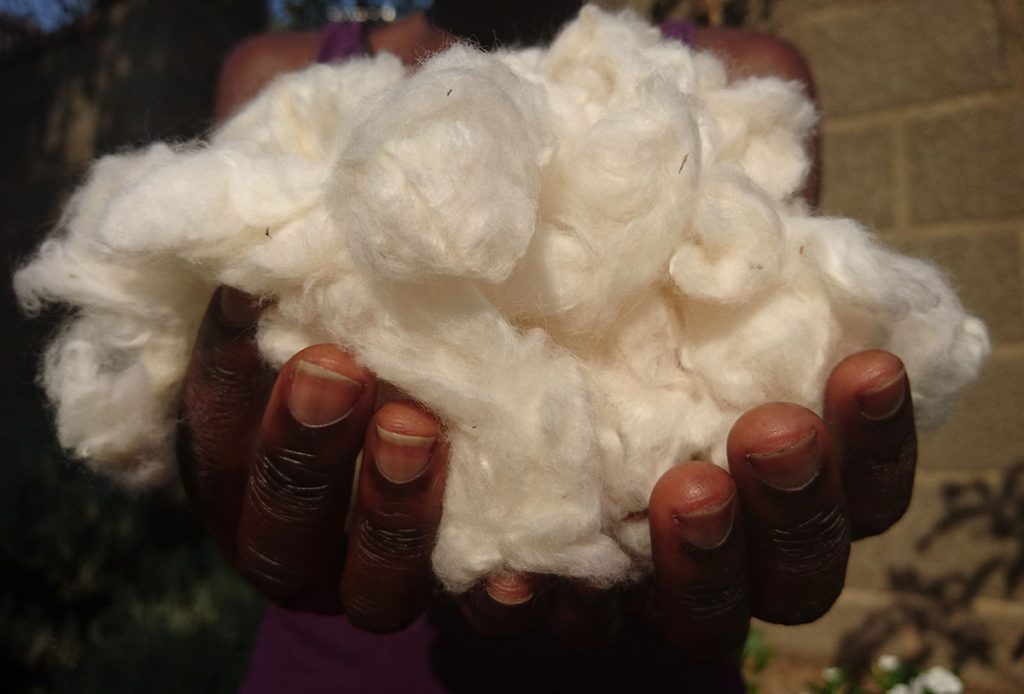
The activities related to Cotton Made in Africa are derived from the following critical sustainability goals:
- People – social equality for smallholder farmers in Africa
- Planet – protect the environment
- Profit – higher yields and incomes for cotton farmers and their families
You can read more about the Cotton Made in Africa Initiative on www.cottonmadeinafrica.comAll Weaverbirds baby wraps are woven with cotton grown, harvested, spun and dyed in Uganda by Fine Spinners Ltd. who have been Cotton made in Africa certified since 2014.
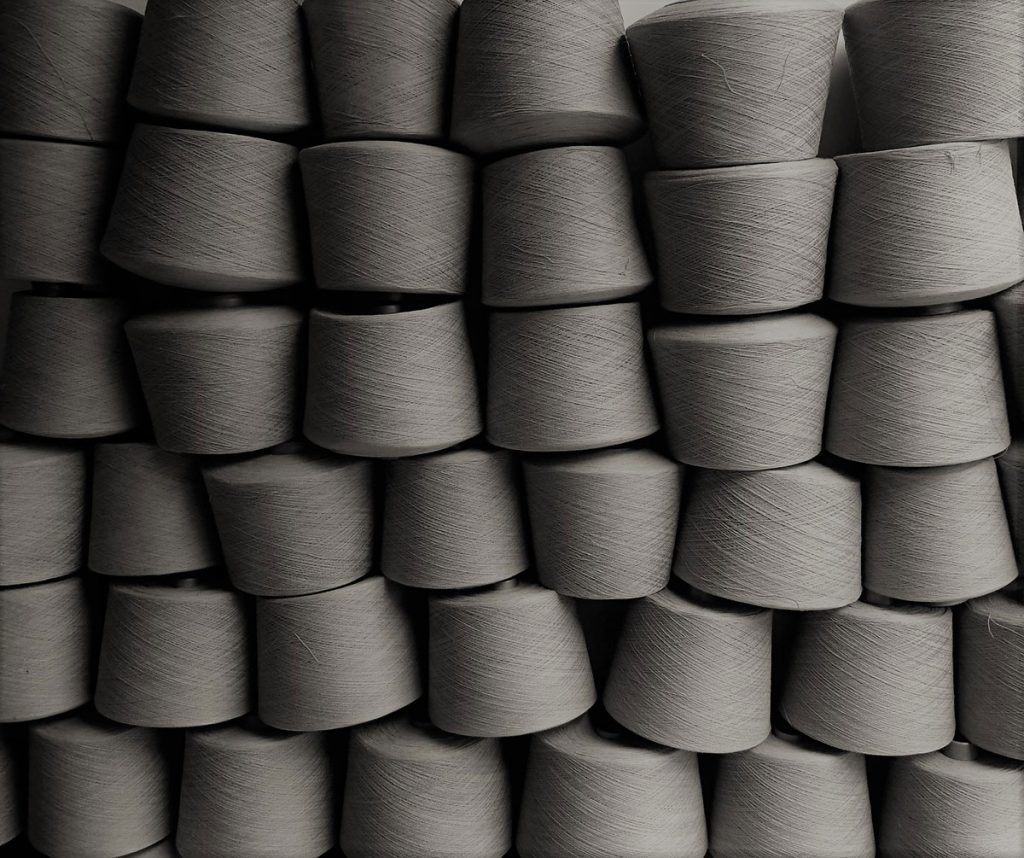
SUSTAINABLE
In terms of total environmental impact the garment and textile industry is, after the oil and agricultural industries, one of the largest contributors to climate change. Weaverbirds is focused on using sustainably and locally sourced materials throughout the production and being stewards of our planet. We do this through careful selection of all materials – from cotton to polyester thread – and by implementing eco-friendly measures to minimize environmental impact. Furthermore, handmade products from locally sourced materials are significantly more environmentally friendly than mass-produced items, as products made closer to home require much less transportation.
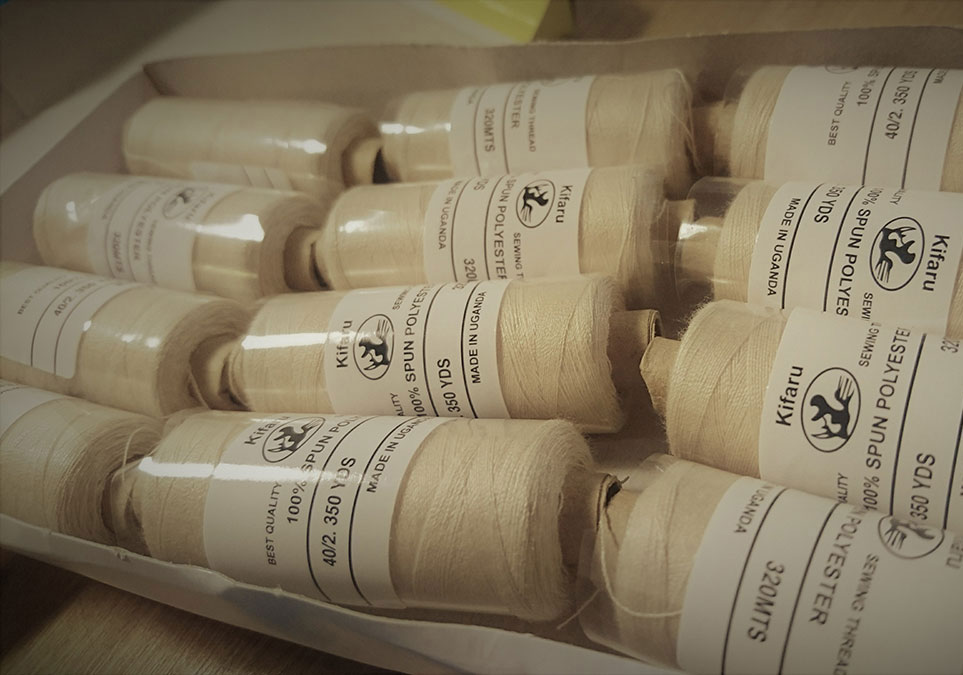
MADE IN UGANDA
Manufacturing is one of the only ways through which Uganda can sustainably create better, well-paying jobs for its young and growing population. Therefore weaverbirds focuses on using only locally sourced materials both to strengthen the economic base of the community as well as to reduce the carbon footprint of all of our products. This means that even when imported items can be purchased cheaper and easier we prioritize to identifying and using products Made in Uganda. This includes everything from the sustainably sourced cotton used for the wraps and the tote bags, to the spun polyester thread used for hemming.
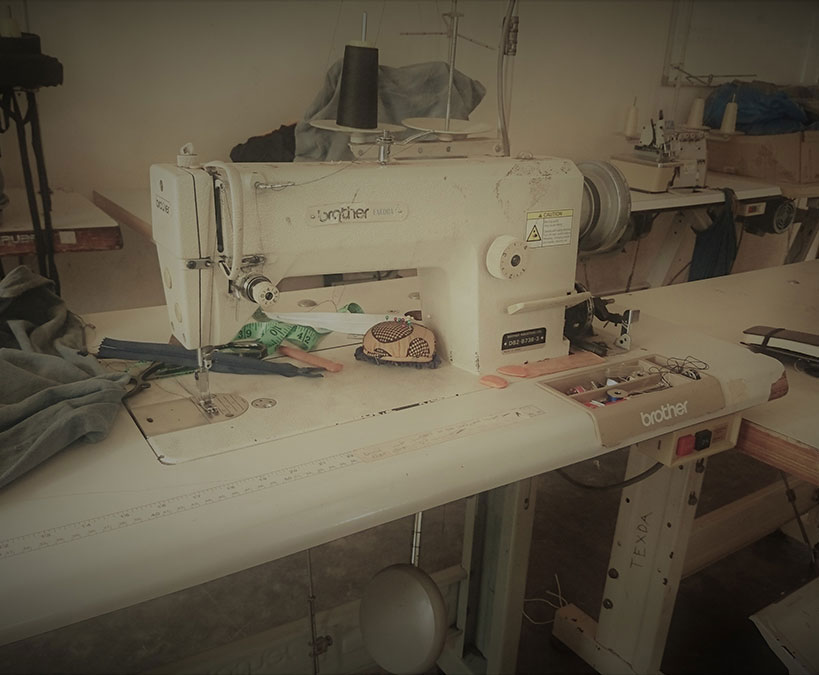
ECONOMIC SELF-RELIANCE
Whereas charity can provide immediate relief to people in need, we believe the best way to promote sustainable economic development is through strengthening local economies. The goal of weaverbirds is long-term: to create sustainable employment opportunities that can permanently lift people out of poverty while protecting our planet. At present Uganda exports more than 95% of its locally grown cotton of which a large share is certified sustainable. However, Uganda has very little value adding industry as most products are exported raw (unprocessed). Consequently Uganda is losing out on a significant revenue increase. Weaverbirds is among the 5% of companies supporting the local industry and the brand “Made in Uganda”.
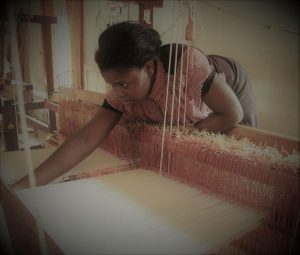
HANDWOVEN
All weaverbirds products are one of a kind. A hand-made process guarantees that each product is unique and personal. With quality workmanship in focus, our products help foster an appreciation for local artistry, as well as highlight the connection between the products themselves and the people who make them. Weaverbirds employs local Ugandan artisans and workers in fair-practice settings with opportunities for additional training, aiming to nurture a demand for their skills and empowering their communities to prosper.
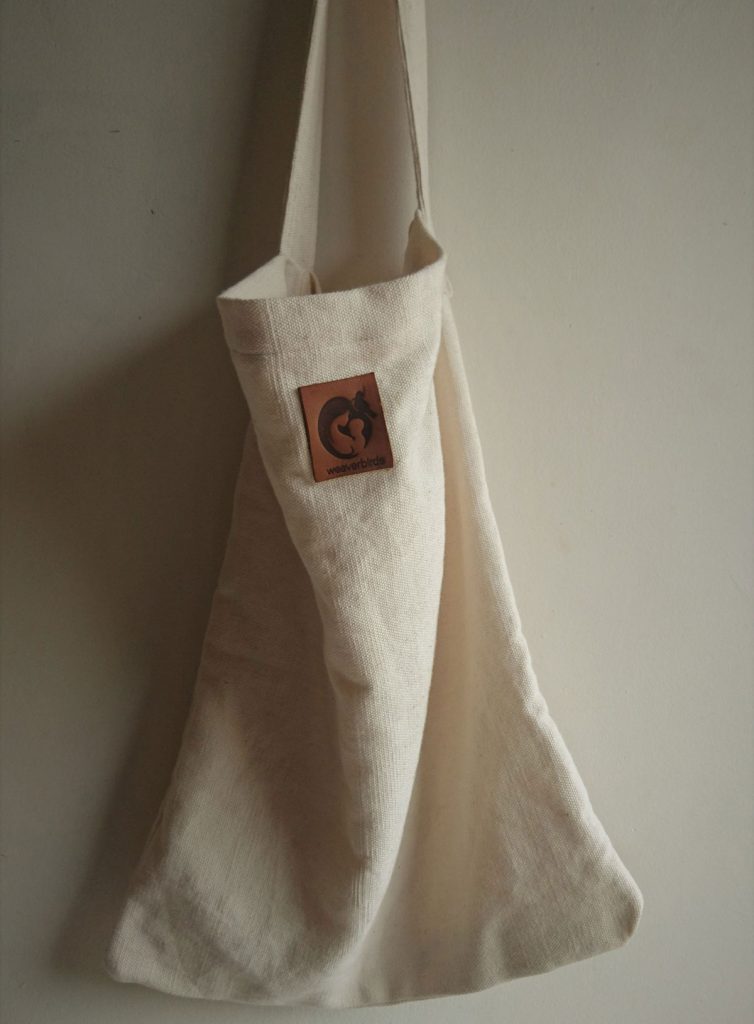
LOW CARBON FOOTPRINT
We are constantly trying to reduce our carbon footprints. We do this by only using locally sourced products, having our products handcrafted with limited machine usage and by carefully designing our products so waste is limited.
Because we source our products locally, transport (one of the biggest contributors to climate change) is limited. Almost the entire production is handmade which is significantly more environmentally friendly than mass-produced machine-made items.
Furthermore, each wrap is designed in the width required not only to increase the strength and durability but also to avoid any unnecessary waste of materials. Our tote bags are especially designed so zero handwoven fabric is being wasted and we strongly encourage our loyal customers to become stewards of our planet and use the bag when shopping to limit the use of plastic.
